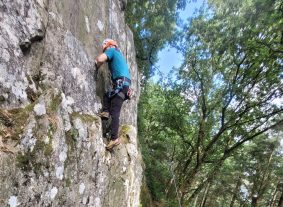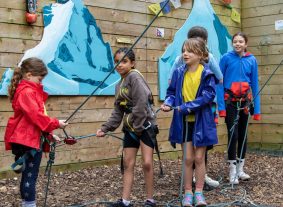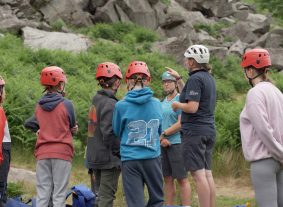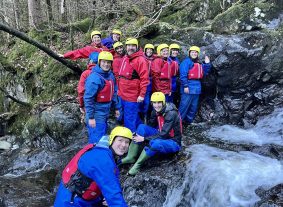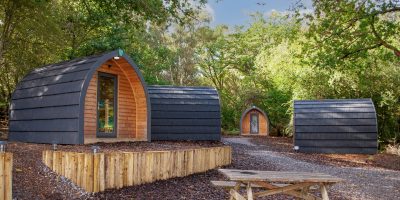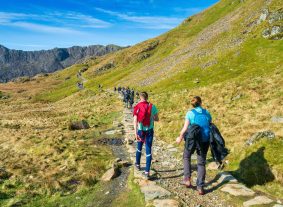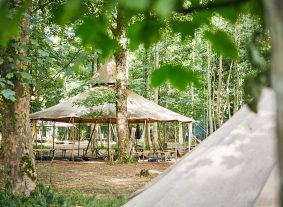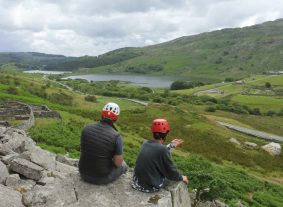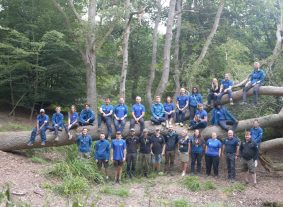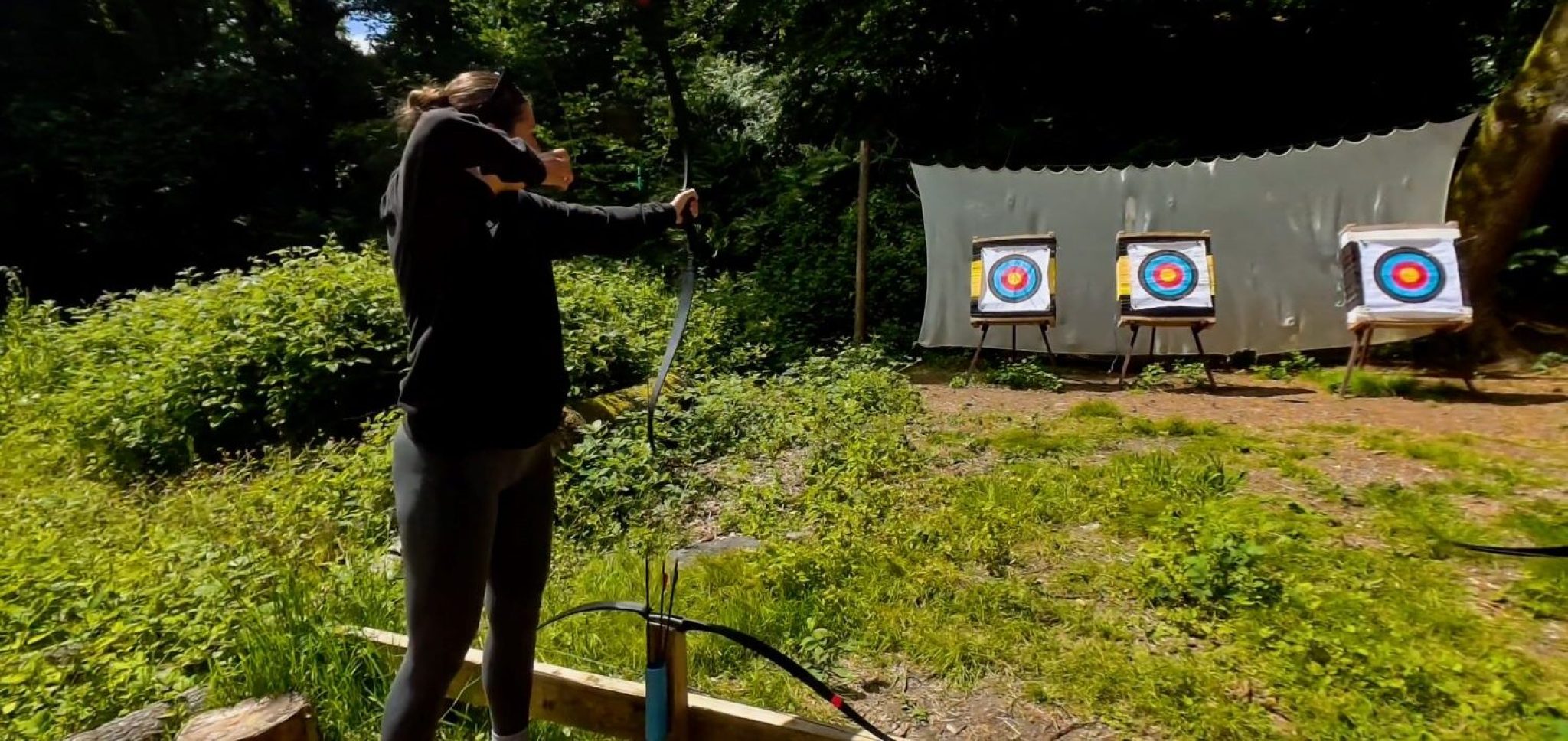Educational school trips have long been a staple of learning, offering students an exciting break from the usual classroom environment. These excursions provide hands-on experiences, engaging students in ways that are often impossible within four walls. But beyond just a fun day out, school trips offer immense educational value, deeply supporting and enhancing school curriculums.
The Benefits of Educational School Trips
Bringing Classroom Learning to Life
School curriculums are designed to cover a wide range of subjects. However, learning from textbooks and lectures can sometimes feel abstract or disconnected from the real world. Educational trips offer students the chance to see these subjects come alive. For example, visiting a historical site can help students better grasp the significance of historical events and figures, while trips to museums can deepen their understanding of art, science, or technology.
Enhancing Engagement and Retention
Research shows that active, experiential learning helps improve retention of information. When students are fully engaged in an interactive learning experience, they are more likely to remember what they’ve learned. This is particularly true when students are able to connect their classroom lessons to real-world applications. For instance, a science trip to a zoo or aquarium can make abstract concepts like ecosystems, conservation, and biology more relatable and memorable.
Developing Critical Thinking and Problem-Solving Skills
Many educational trips involve activities that require students to apply their knowledge, think critically, and solve problems. This could be navigating a historical scavenger hunt at a museum, or working together to complete a challenge at a science centre. These experiences push students beyond rote memorization and encourage them to think creatively and apply their knowledge in new contexts, skills that are crucial for their academic and personal growth.
Encouraging Social and Emotional Learning
School trips provide students with opportunities to develop important social and emotional skills. Working in groups, students collaborate and communicate with one another, developing teamwork and leadership skills. Additionally, stepping out of the familiar classroom environment can help students build independence and confidence. They must navigate new situations, ask questions, and engage with their surroundings, fostering personal growth and resilience.
Providing Cross-Curricular Learning Opportunities
Educational trips often integrate various subjects, offering a cross-curricular approach to learning. For example, a trip to a national park could include lessons in geography (exploring landforms), biology (studying flora and fauna), and environmental science (learning about conservation). This multi-disciplinary exposure helps students see the interconnectedness of different fields of study and broadens their understanding of how knowledge in one area can complement another.
Why Outdoor Learning Centres Are Particularly Beneficial
While all types of educational trips are valuable, trips to outdoor learning centres provide unique advantages that go beyond traditional excursions. These centres offer immersive experiences that are perfectly suited for developing a wide range of skills and knowledge, especially in relation to nature, the environment, and hands-on challenges.
- Promoting Environmental Awareness and Sustainability: Outdoor learning centres provide students with the opportunity to engage directly with the natural world. At these centres, students can explore ecosystems, learn about local wildlife, and understand the importance of biodiversity and conservation efforts. This type of learning fosters environmental stewardship and helps students develop a deeper appreciation for the planet. In an age where climate change and environmental degradation are pressing issues, these lessons are vital for creating environmentally conscious citizens.
- Enhancing Physical and Mental Wellbeing: The benefits of outdoor learning extend beyond academics. Spending time in nature has been shown to improve both physical and mental wellbeing. Outdoor learning centres often incorporate physical activities like hiking, climbing, orienteering, and team-building exercises, which promote physical fitness and resilience. Additionally, being outdoors in natural environments has a calming effect on students, helping reduce stress and improve focus and mood. This combination of physical and mental stimulation supports overall student health, which in turn enhances their capacity for learning.
- Building Problem-Solving and Teamwork Skills in Real-Life Contexts: Many outdoor learning centres are designed to challenge students through group activities and problem-solving tasks. These experiences require students to work together to achieve common goals, such as building shelters, navigating orienteering courses, or solving environmental challenges. These tasks help students develop important life skills such as communication, leadership, and teamwork. Moreover, the real-world application of these skills in outdoor settings encourages students to think on their feet, adapt to new situations, and build resilience in the face of challenges.
- Hands-On Learning in Science and Geography: For students studying subjects like science and geography, outdoor learning centres offer an invaluable resource. Instead of learning about plant biology, ecosystems, or weather patterns through textbooks, students can directly observe these phenomena in nature. For example, students can conduct fieldwork by taking soil samples, measuring water quality, or studying the effects of erosion. This hands-on experience reinforces classroom learning while also providing students with practical skills in data collection, observation, and scientific inquiry.
- Fostering Personal Growth and Independence: Outdoor learning centres also offer experiences that promote personal growth. Students are often faced with new challenges in unfamiliar environments, from learning how to navigate trails to completing high-rope courses. These activities require students to step outside their comfort zones, take calculated risks, and develop independence. By overcoming these challenges, students build self-confidence and resilience, which are essential for their personal development and future success.
Educational school trips are a powerful tool for enhancing curriculums and promoting holistic learning. They bring academic subjects to life and support in the development of many skills. Outdoor learning centres, in particular, offer unique benefits. The combination of experiential learning, personal development, and curriculum integration makes educational trips to outdoor centres an essential component of a well-rounded education. By offering students these enriching experiences, schools can inspire a lifelong love of learning and prepare them for the challenges of the future.
